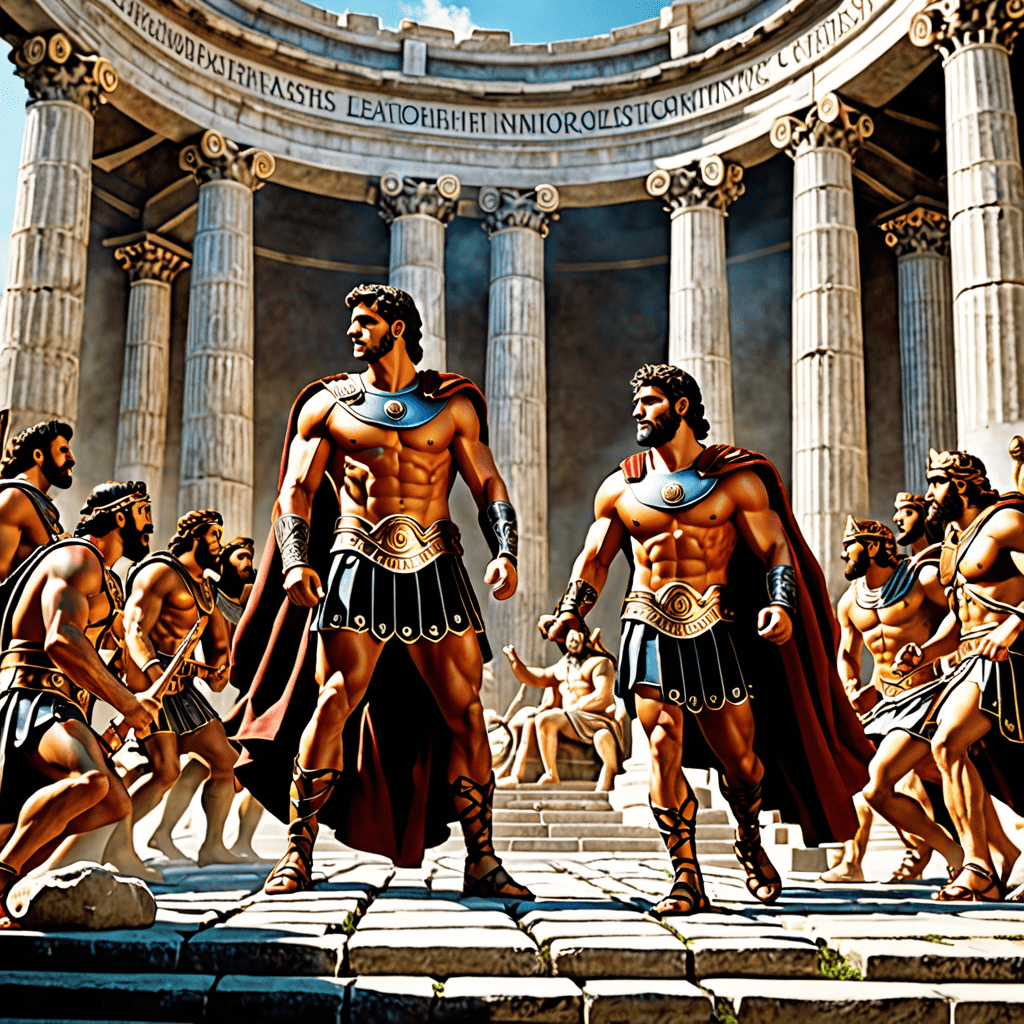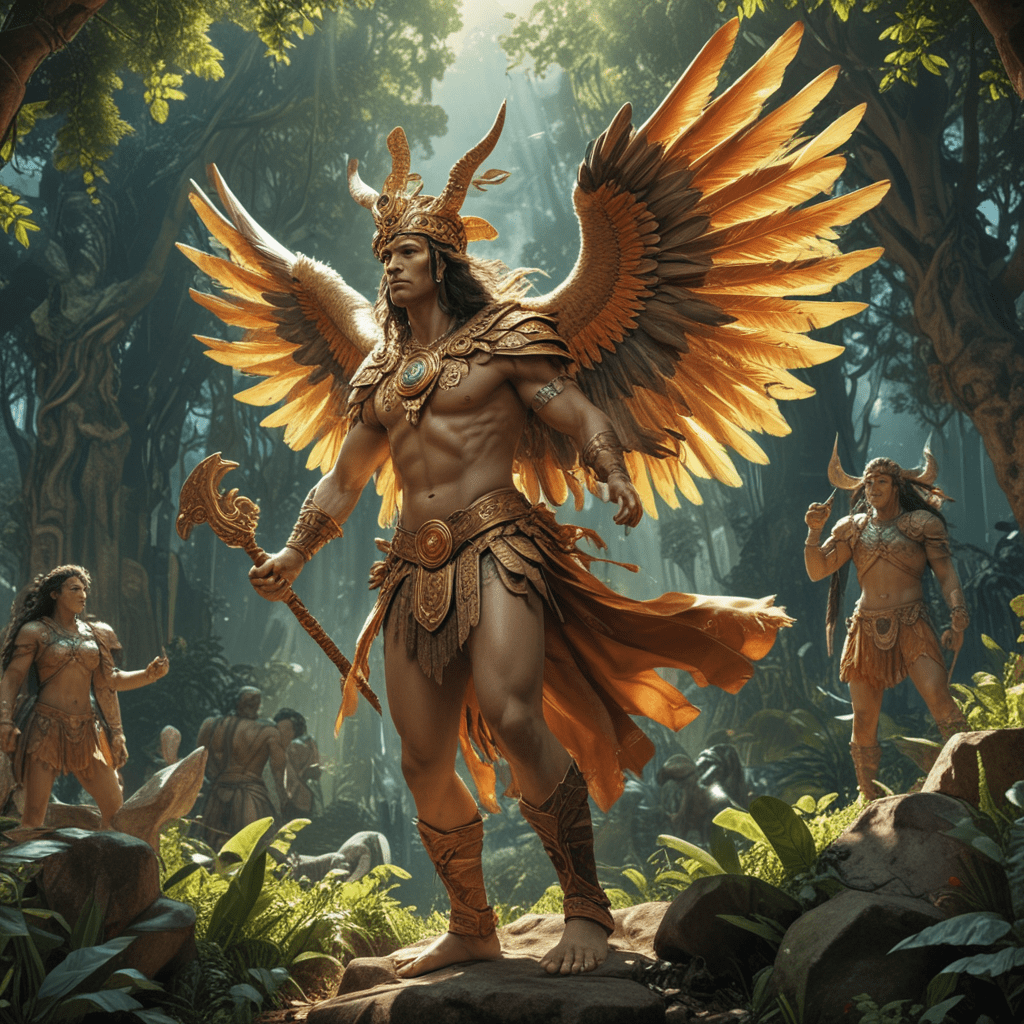Roman Mythology: Exploring Leadership and Followership
Understanding Roman Mythology
Roman mythology, similar to Greek mythology, is a collection of stories and beliefs that ancient Romans used to explain the world, natural phenomena, and human traits. Gods, goddesses, heroes, and mythical creatures all played significant roles in these narratives.
Leadership in Roman Mythology
In Roman mythology, leadership was often depicted through the roles of gods and goddesses who had dominion over various aspects of life. For example, Jupiter, the king of the gods, symbolized leadership, justice, and authority. Minerva represented wisdom and strategic leadership, while Mars embodied courage and tactical leadership in warfare.
Followership in Roman Mythology
Followership in Roman mythology was exemplified by mortal beings, heroes, and even some gods who pledged loyalty to their leaders. Characters like Aeneas, a Trojan hero in Roman mythology, showed unwavering loyalty to his quest and to his divinely guided leadership, reflecting the importance of followership in achieving shared goals.
Combining Leadership and Followership in Roman Mythology
Roman mythology often presented narratives that showcased the symbiotic relationship between leadership and followership. Whether through tales of Neptune leading the seas and being followed by marine creatures or Juno leading with patience and being supported by divine beings, the myths illustrated the necessity of effective leadership-follower dynamics for success and harmony.
FAQs about Roman Mythology: Leadership and Followership
What is Roman Mythology?
Roman Mythology refers to the collection of traditional stories, beliefs, and rituals of the ancient Romans. It includes myths about gods, goddesses, heroes, and mythical creatures that played a significant role in Roman culture and religion.
How is Leadership Portrayed in Roman Mythology?
In Roman Mythology, leadership is often depicted through powerful gods like Jupiter, the king of the gods, and Mars, the god of war. These deities exemplify qualities such as strength, authority, and strategic thinking, which were highly valued in Roman society.
What about Followership in Roman Mythology?
Followership in Roman Mythology is demonstrated through the reverence and obedience shown by mortals towards deities and legendary figures. Characters like Aeneas, who followed the guidance of the gods, exemplify loyalty, duty, and respect for authority figures.




